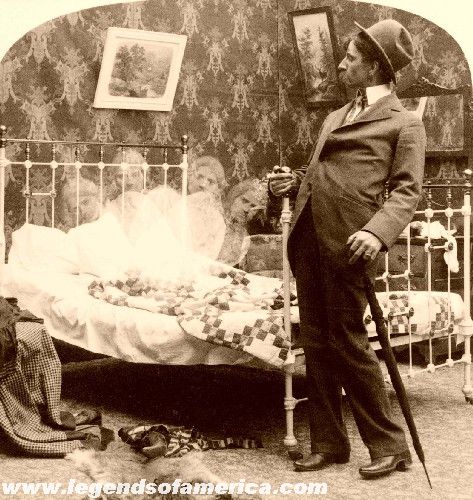 The Fiction Circus Interviews James Grimmelmann About the Google Books Settlement
The Fiction Circus Interviews James Grimmelmann About the Google Books Settlement
If you are a writer or publisher, if you KNOW a writer or publisher, or if you hope to someday BE a writer or publisher, you should check out this interview to get your mind around the evolving shape of publishing and to begin coping with the direction of this country's copyright legislation.
***
Transcript in plain text
***
We spent a good hour discussing the pressing issues with Professor Grimmelmann, getting him to explain tricky legal matters to us, and oscillating wildly between ignorance and indignance before settling -- finally -- on simple, honest worry as the dominant emotion regarding Google's settlement.
Before he finishes his brief (it is due May 5th), we also got Professor Grimmelmann to consider the idea of a two-year long rights auction for orphan books, where anyone in the world could bid on the right to display scans of out-of-print, in-copyright literature without being sued, a right that under the current terms of the settlement only Google will have.
Under the Fiction Circus scheme, the rights would default to Google if no one bids on a particular title. However, the auction would serve to raise up the prices on more valuable properties so that rightsholders will be adequately compensated for their stolen scans. Additionally, the auction could create a whole new market for orphan literature, giving birth to small electronic publishers who will be able to compete with Sony, Amazon, Apple, and Google because they will now have exclusive works that they will be able to advertise, promote, and display in ways that the big companies have neither the aptitude nor inclination to pursue.
Moreover, a rights auction could create a speculation market for orphan books, driving up settlement revenues for authors and letting books be appraised by a shrewd marketplace as opposed to Google's arbitrary ranking system.
During the course of the interview, we also discovered several other troubling facts that makes an auction seem absolutely necessary: Google will have the right to manage the content of its scans in the same way that it manages YouTube videos, deleting content that it deems "inappropriate" without any clear editorial guidelines. Since no one else has the right to put this literature up without being sued, the literature that Google deems "inappropriate" will effectively be banned from the internet for decades until it becomes public domain.
Under a rights auction, people who WANT the rights to that "inappropriate" literature will be able to buy them like you can buy old copies of Gallery and Hustler on any Manhattan street corner.
All those cheap porn novels published in the seventies written by angry heroin addicts who are now dead could finally see the light of day again in a huge, sleazy archive run by a goddamn degenerate, IF YOU WISH UPON A STAR.
NOTE: As of this interview, the Internet Archive's bid to be included in Google's settlement as a party defendant has been struck down by the judge presiding over the settlement, sending a message to others who may want to try the same strategy.
Additionally, a lawyer representing the estates of John Steinbeck and Philip K. Dick (among others) has pushed for a four month extension of the settlement, claiming that they don't know what the fuck is going on and that one week is not nearly enough time to figure it out. The Judge has approved the request, and the settlement will be extended until September. Moreover, the Justice Department has now opened an inquiry into the settlement to investigate antitrust claims.
Any AUTHOR, PUBLISHER, or other RIGHTSHOLDER included in the settlement's class who has problems with the ruling must submit objections before September 7th, or be damned.
Posted by miracle
on Mon, 27 Apr 2009 20:09:49 -0400 -- permanent link




